Philosophers have not kept up with modern developments in science. Particularly physics
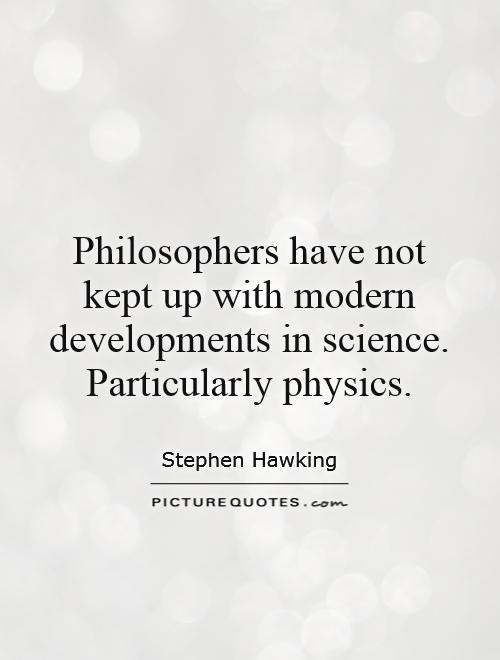
Philosophers have not kept up with modern developments in science. Particularly physics
Stephen Hawking was a renowned physicist and cosmologist who made significant contributions to our understanding of the universe. His work challenged traditional philosophical beliefs and forced philosophers to reconsider their views on the nature of reality. However, despite Hawking's groundbreaking discoveries, many philosophers have struggled to keep up with modern developments in science, particularly in the field of physics.One of the reasons for this disconnect between philosophy and physics is the complexity of modern scientific theories. Physics has made tremendous progress in the last century, with groundbreaking discoveries such as quantum mechanics and general relativity reshaping our understanding of the universe. These theories are often highly technical and require a deep understanding of mathematics and physics to fully grasp. Many philosophers lack the necessary background in these fields to engage with these theories in a meaningful way.
Furthermore, the pace of scientific progress in physics has been rapid, with new discoveries and theories emerging at an unprecedented rate. This makes it difficult for philosophers to keep up with the latest developments and incorporate them into their philosophical frameworks. As a result, many philosophers continue to rely on outdated scientific models and theories, failing to take into account the latest advancements in physics.
Another challenge for philosophers is the interdisciplinary nature of modern science. Physics is increasingly intersecting with other fields such as biology, chemistry, and computer science, leading to new insights and discoveries that challenge traditional philosophical beliefs. Philosophers who are not well-versed in these other disciplines may struggle to understand the implications of these developments for their own work.
Despite these challenges, there have been efforts to bridge the gap between philosophy and physics. Some philosophers have collaborated with physicists to explore the philosophical implications of modern scientific theories, leading to new insights and perspectives on the nature of reality. However, more work needs to be done to ensure that philosophers are able to keep up with the latest developments in science and incorporate them into their philosophical frameworks. As Stephen Hawking himself once said, "Philosophy is dead. Philosophy has not kept up with modern developments in science, particularly physics." It is up to philosophers to prove him wrong and demonstrate that they can indeed keep pace with the ever-evolving world of science.

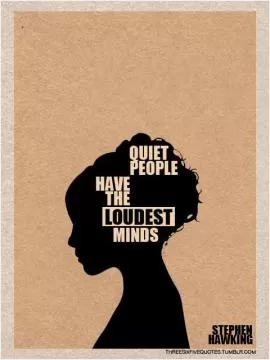



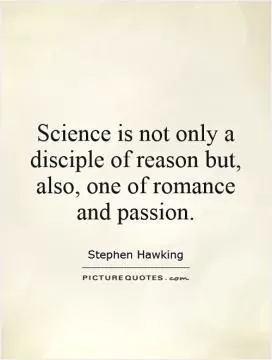



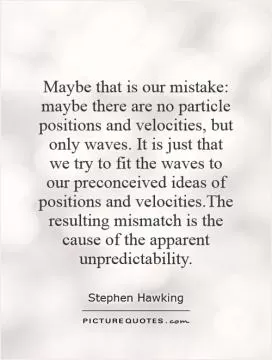
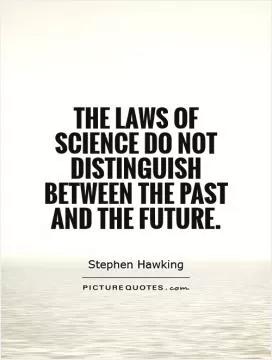

 Friendship Quotes
Friendship Quotes Love Quotes
Love Quotes Life Quotes
Life Quotes Funny Quotes
Funny Quotes Motivational Quotes
Motivational Quotes Inspirational Quotes
Inspirational Quotes